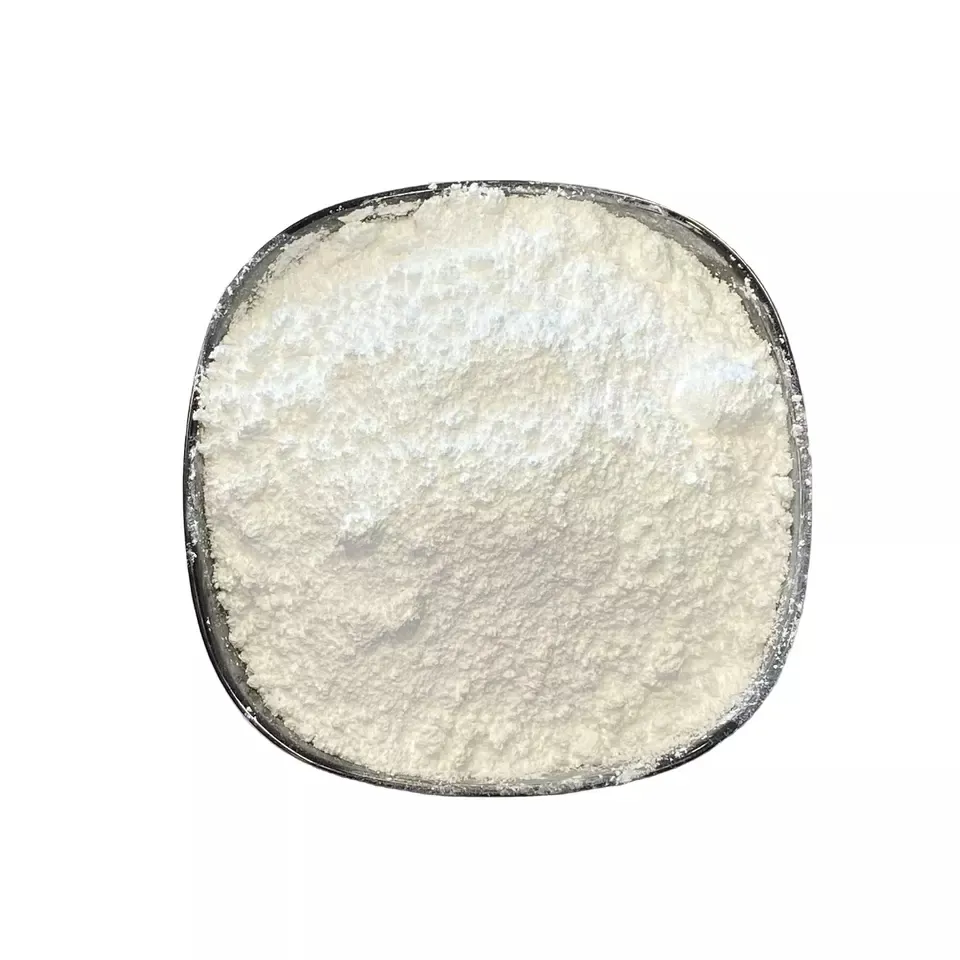Warning: Undefined array key "title" in /home/www/wwwroot/HTML/www.exportstart.com/wp-content/themes/1198/header.php on line 6
Warning: Undefined array key "file" in /home/www/wwwroot/HTML/www.exportstart.com/wp-content/themes/1198/header.php on line 7
Warning: Undefined array key "title" in /home/www/wwwroot/HTML/www.exportstart.com/wp-content/themes/1198/header.php on line 7
Warning: Undefined array key "title" in /home/www/wwwroot/HTML/www.exportstart.com/wp-content/themes/1198/header.php on line 7
- Afrikaans
- Albanian
- Amharic
- Arabic
- Armenian
- Azerbaijani
- Basque
- Belarusian
- Bengali
- Bosnian
- Bulgarian
- Catalan
- Cebuano
- China
- China (Taiwan)
- Corsican
- Croatian
- Czech
- Danish
- Dutch
- English
- Esperanto
- Estonian
- Finnish
- French
- Frisian
- Galician
- Georgian
- German
- Greek
- Gujarati
- Haitian Creole
- hausa
- hawaiian
- Hebrew
- Hindi
- Miao
- Hungarian
- Icelandic
- igbo
- Indonesian
- irish
- Italian
- Japanese
- Javanese
- Kannada
- kazakh
- Khmer
- Rwandese
- Korean
- Kurdish
- Kyrgyz
- Lao
- Latin
- Latvian
- Lithuanian
- Luxembourgish
- Macedonian
- Malgashi
- Malay
- Malayalam
- Maltese
- Maori
- Marathi
- Mongolian
- Myanmar
- Nepali
- Norwegian
- Norwegian
- Occitan
- Pashto
- Persian
- Polish
- Portuguese
- Punjabi
- Romanian
- Russian
- Samoan
- Scottish Gaelic
- Serbian
- Sesotho
- Shona
- Sindhi
- Sinhala
- Slovak
- Slovenian
- Somali
- Spanish
- Sundanese
- Swahili
- Swedish
- Tagalog
- Tajik
- Tamil
- Tatar
- Telugu
- Thai
- Turkish
- Turkmen
- Ukrainian
- Urdu
- Uighur
- Uzbek
- Vietnamese
- Welsh
- Bantu
- Yiddish
- Yoruba
- Zulu
ಸೆಪ್ಟೆಂ . 23, 2024 15:57 Back to list
The Role of Xylitol in Different Uses and Its Advantages for Health
The Functioning of Xylitol in Various Applications and Its Benefits
Xylitol, a naturally occurring sugar alcohol, has garnered significant attention for its multifunctional properties and diverse applications, particularly in dental health, food production, and personal care products. Derived primarily from birch trees, corncobs, and sugarcane, xylitol is increasingly popular due to its beneficial effects on health and its low glycemic index, making it a favored choice among health-conscious consumers.
One of the most noteworthy applications of xylitol is in dental care. Research has consistently shown that xylitol can inhibit the growth of oral bacteria responsible for tooth decay. Unlike sugar, which feeds harmful bacteria, xylitol is non-fermentable, meaning it does not contribute to acid production in the mouth. This property creates an unfriendly environment for the growth of cavity-causing microbes, such as Streptococcus mutans. Regular consumption of xylitol, whether in the form of chewing gum or lozenges, can reduce plaque formation and, over time, lead to improved dental health. This has prompted many dental professionals to recommend xylitol as an adjunct to regular oral hygiene practices.
In addition to its use in dental products, xylitol is also widely utilized in the food industry as a sugar substitute. Its sweetness is comparable to that of sucrose but with fewer calories and a significantly lower impact on blood sugar levels, making it attractive for diabetics and those looking to maintain a healthy weight. Xylitol's ability to retain moisture makes it an excellent ingredient in baked goods, resulting in softer, longer-lasting products. Moreover, it has a lower glycemic index of around 7, compared to sugar’s 60-70, which helps in managing blood glucose levels. Thus, it presents a dual advantage for manufacturers and consumers alike.
'functioning of xylitol in various applications and its benefits for'

The personal care industry has not overlooked the potential of xylitol either. It is finding its way into products like mouthwashes, toothpaste, and even skincare formulations. In oral care, xylitol helps maintain a balanced oral microbiome and keeps the mouth moist, reducing the risk of dry mouth, which can lead to discomfort and increased dental issues. Its hydrating properties are also beneficial in skincare, where it can enhance moisture retention and improve overall skin texture.
Furthermore, xylitol has been researched for its potential health benefits beyond dental health. Some studies suggest that it may possess antioxidant properties and could aid in the prevention of conditions like osteoporosis by assisting in mineral absorption in the bones. As a result, its multifaceted qualities open avenues for ongoing research in various health domains.
Despite its many benefits, it is essential to note that xylitol can be toxic to dogs. Pet owners should be cautious and keep products containing xylitol out of reach.
In conclusion, xylitol’s diverse applications and health benefits make it a notable ingredient in dental care, food production, and personal care. As research continues to unveil its potential, xylitol is poised to remain a staple in various industries, promoting healthier lifestyles while offering an effective alternative to traditional sugar. Its unique properties not only address immediate health concerns but also contribute to the broader aim of improved overall well-being.
Latest news
-
Certifications for Vegetarian and Xanthan Gum Vegetarian
NewsJun.17,2025
-
Sustainability Trends Reshaping the SLES N70 Market
NewsJun.17,2025
-
Propylene Glycol Use in Vaccines: Balancing Function and Perception
NewsJun.17,2025
-
Petroleum Jelly in Skincare: Balancing Benefits and Backlash
NewsJun.17,2025
-
Energy Price Volatility and Ripple Effect on Caprolactam Markets
NewsJun.17,2025
-
Spectroscopic Techniques for Adipic Acid Molecular Weight
NewsJun.17,2025

